On March 18, 80 women gathered from 9am-3pm to attend the First Women of Color Conference at Whitworth University, themed “She believed… She Could… So She Did”
The conference was put on by the Whitworth mentoring and leadership program Brown Girls Magic which, according to their mission statement, “strives to help not only the women of color at Whitworth University, but also the underrepresented women of color in [the] Spokane Community.”
The program is centered around three integral components of leading, learning and love. After talking about the Brown Girls Magic program, all the attendees went around the room and answered the question “What is your passion in leadership?”
Ayisha Lawrence, a senior pursuing her Master’s in Business Administration at Whitworth, found the importance of this event relating to belonging—something that Whitworth has really been focused on this year. To Lawrence, “There are so many opportunities on campus to find groups of people that you can connect with. But it’s nice to have a group that’s focused on empowering women specifically. A space where we can invite other women to come together… an environment where you can feel safe, comfortable, and heard.”
Reverend Stephy Nobles-Beans, the associate chaplain for diversity, equity and inclusion, organized the event and shared about what it means to be a leader. For her, leadership is about coming alongside people where they are and empowering them into being a leader themselves.
After Nobles-Beans spoke, a panel of five women, mostly under-graduate students, answered questions about leadership. The questions asked were related to what makes a good leader, what makes leadership hard and what advice they have for women going into leadership in the future.
Next Rhosetta Rhodes, vice president of student life and dean of students, and several other guests gave some words of encouragement and wisdom on leadership. One of the concepts discussed was the difference between our ‘circle of concern’ and our ‘circle of influence’. The circle of concern is all the things that you have a passion or concern for in the world– the things you care about. The circle of influence is what within that circle of concern you actually have the ability to change—the things you can improve. The idea is that knowing your circle of concern will help influence the world in the way you want to and surround yourself with people who will uplift you within that— that’s where your leadership lies, even when you fail you can still find success within that. Along with that, sometimes you have to “do things scared” and work with those who encourage you and believe in you. You also need to love yourself as a creation of God and know your value within that. But there are also times when we feel like a fake and you need to remember to let others come alongside you and help you through that as you keep learning.
After lunch and a lot of fellowship, Ayaka Dohi, the director of student diversity equity and inclusion, shared about her passion as a leader. She starting with the question, “if someone searched your name on Google, what would you want the first five things they see to be?”
Dohi then shared about the role model she finds in her mother, and how their family immigrated to the U.S. when Dohi was 8 years old. She also spoke on the power of faith in God in her life and how that faith can allow and inspire us to do the work that we do. For Dohi, the work we want to do within this community is often best done when we work together. She believes that sometimes we need to lean into the community that is already there when we want to do things and what we are looking for is already out there, we just have to go find it. It’s important for us to support each other.
Kerra Bower, founder-executive director of Little Scholars Development Center, then shared about creating the space you want to fit into. As Nobles-Beans says, ‘If there’s no space at the table, bring your own chair.’ Sometimes you need to get used to being uncomfortable and coming into those spaces prepared anyways. Along with this, Bower talked about educational disparities she discovered after having a kid, and how she hopes Black kids are someday able to enter these spaces where people in education don’t have as high of expectations for them and raise the expectations to what they can actually do.
Nara Shin, a cultural diversity advocate and senior at Whitworth, first got involved with Brown Girls Magic and later helped Nobles-Beans with this conference. She felt “very encouraged to be a leader in our society” after this event, and she said, “I want to be the person who inspires other people and encourages other people” in the same way that Mama Beans and Brown Girl Magic did for her.”
Another Brown Girls Magic member and Whitworth junior Angel Ainembaba valued the importance of representation at this event. “Seeing women like you, women of color, who are involved in leadership positions here on campus or in the community… [can motivate] other students of color or women in general to also want to be prepared to sort of pursue those things as well.” For her, it’s about “motivating other women or men of color to occupy space or take up space here at Whitworth. And grow in leadership just like everyone else… regardless of the barriers or circumstances in their lives.”
Lawrence remarks that the most important thing she learned from this conference was that, “It’s important to take risks. That’s something that was really important from this event… Yes, you’re going to fail… But, if you’re like me, and you tend to try to avoid these risks of failure so much, it’s important to actually step out there. Take a risk because it does open you to opportunities and to growth. [In] trying to avoid that you’re holding yourself back instead of growing.”


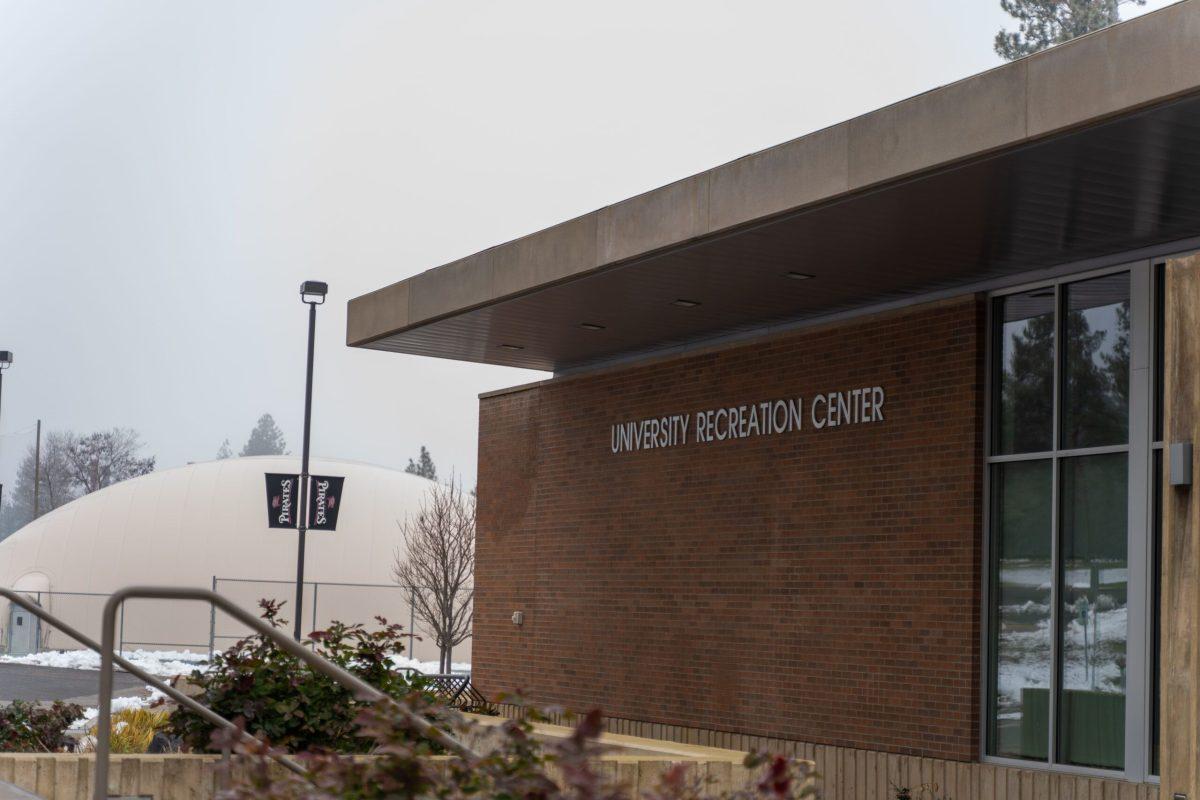
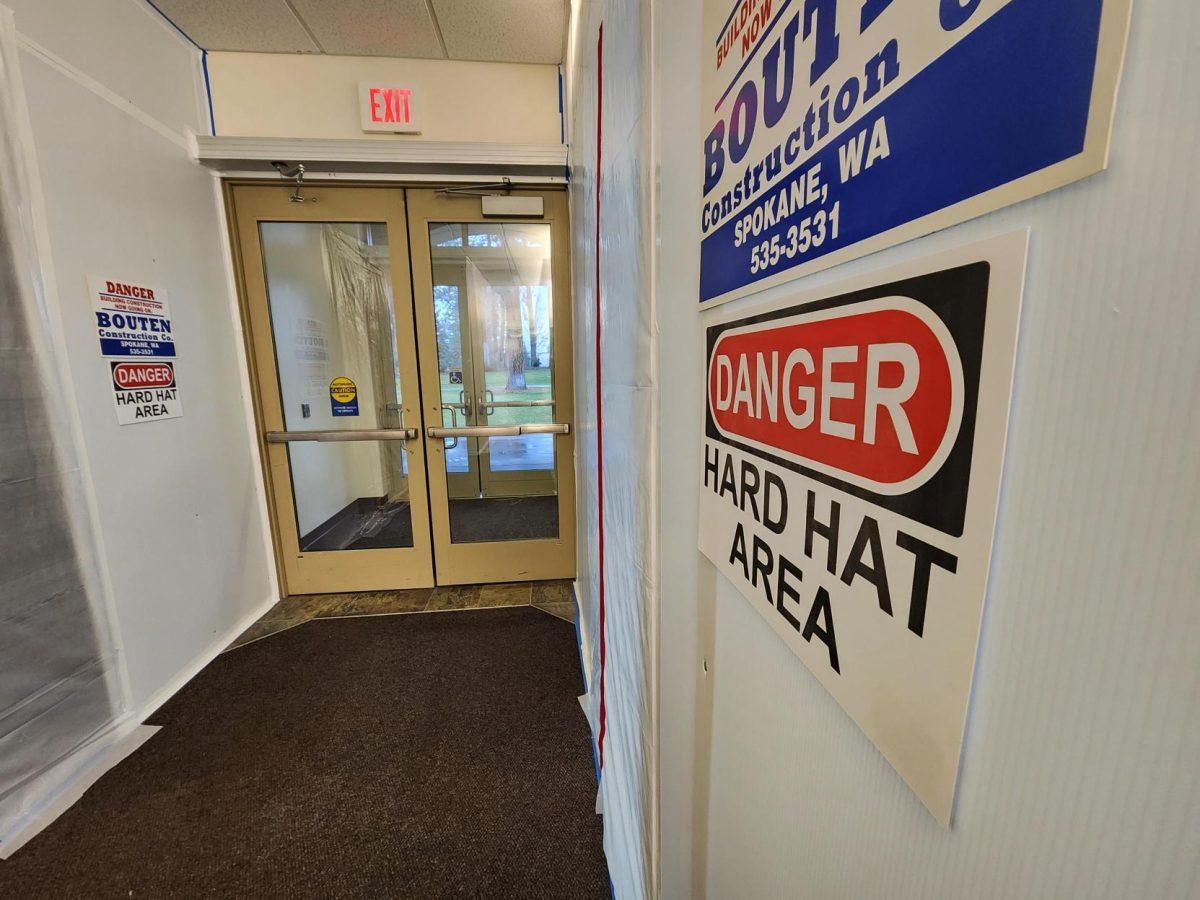
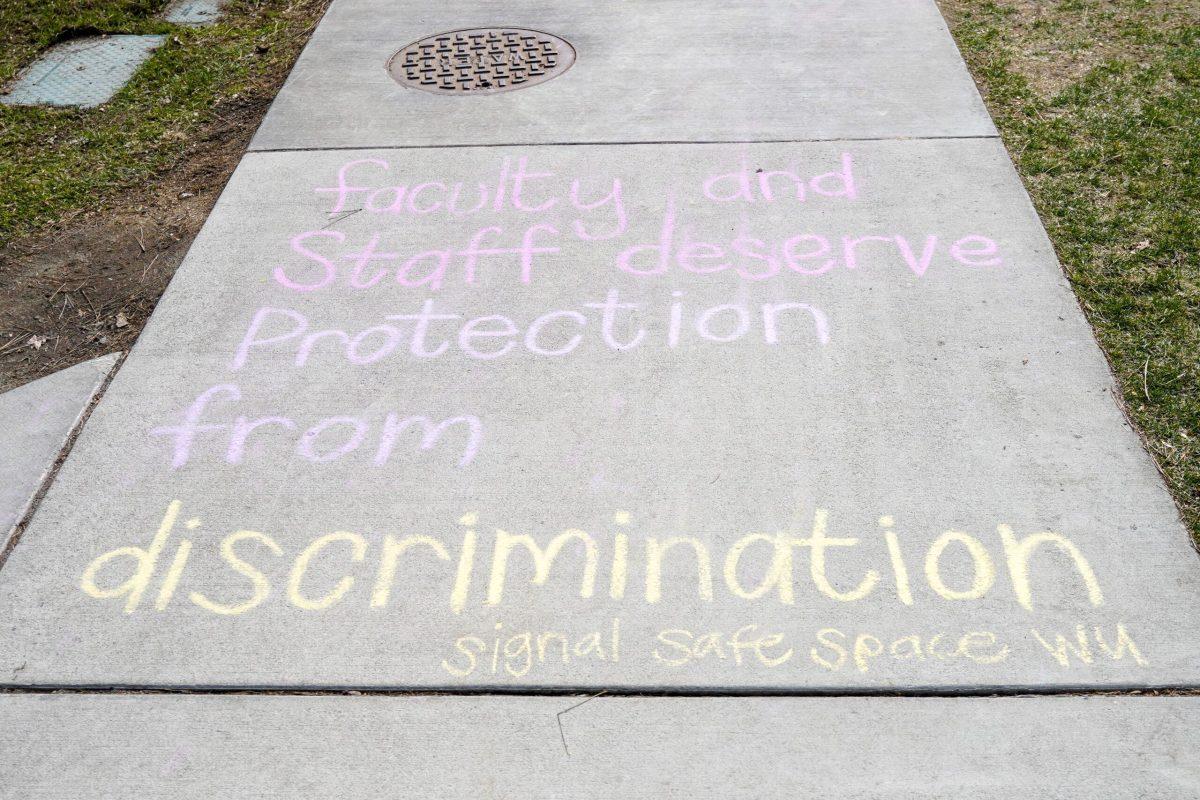
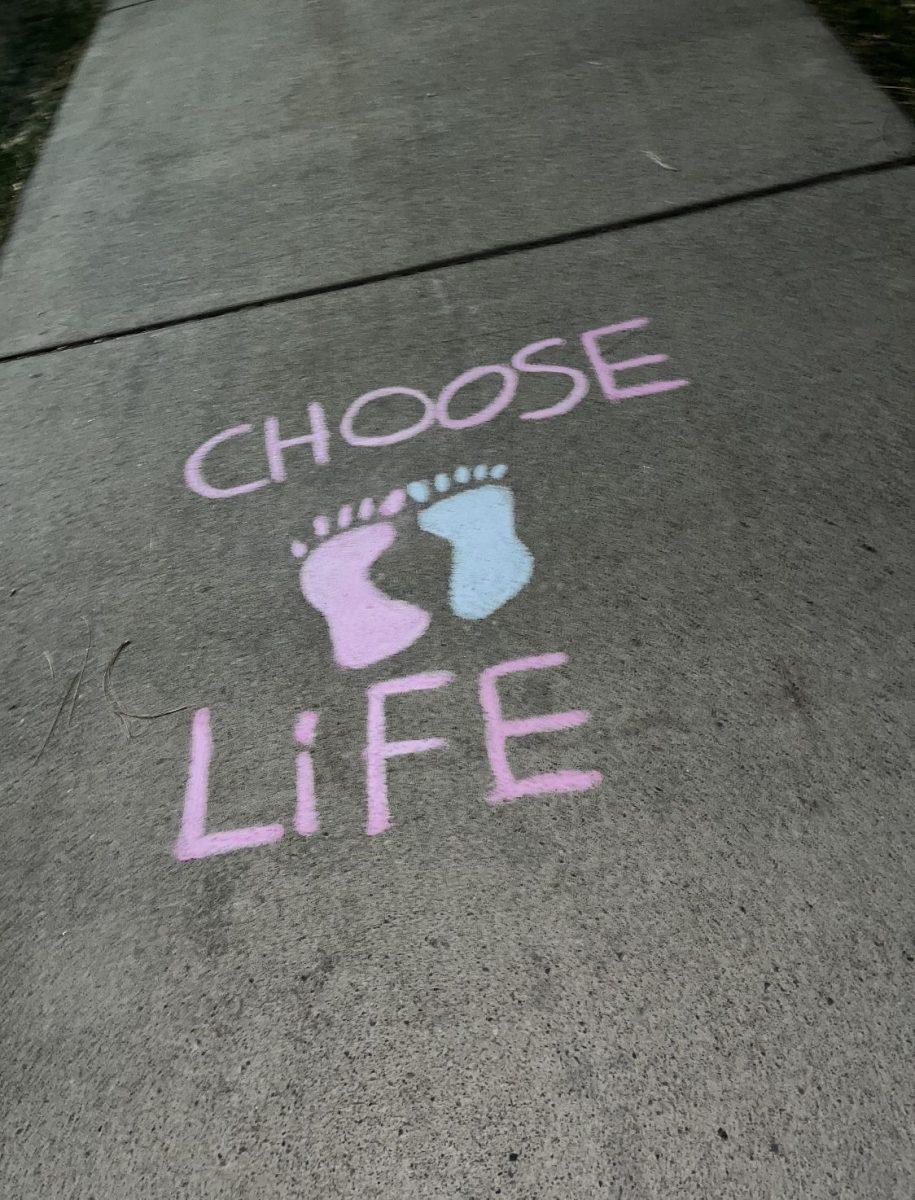






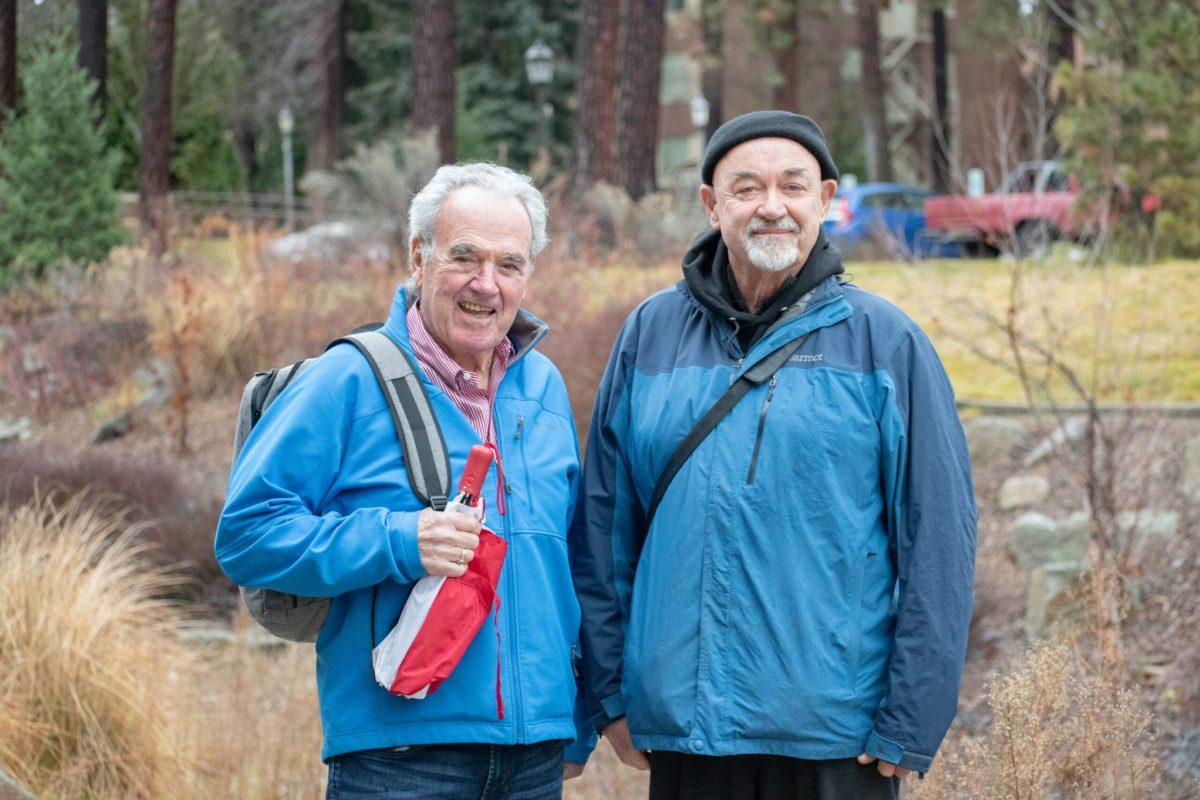

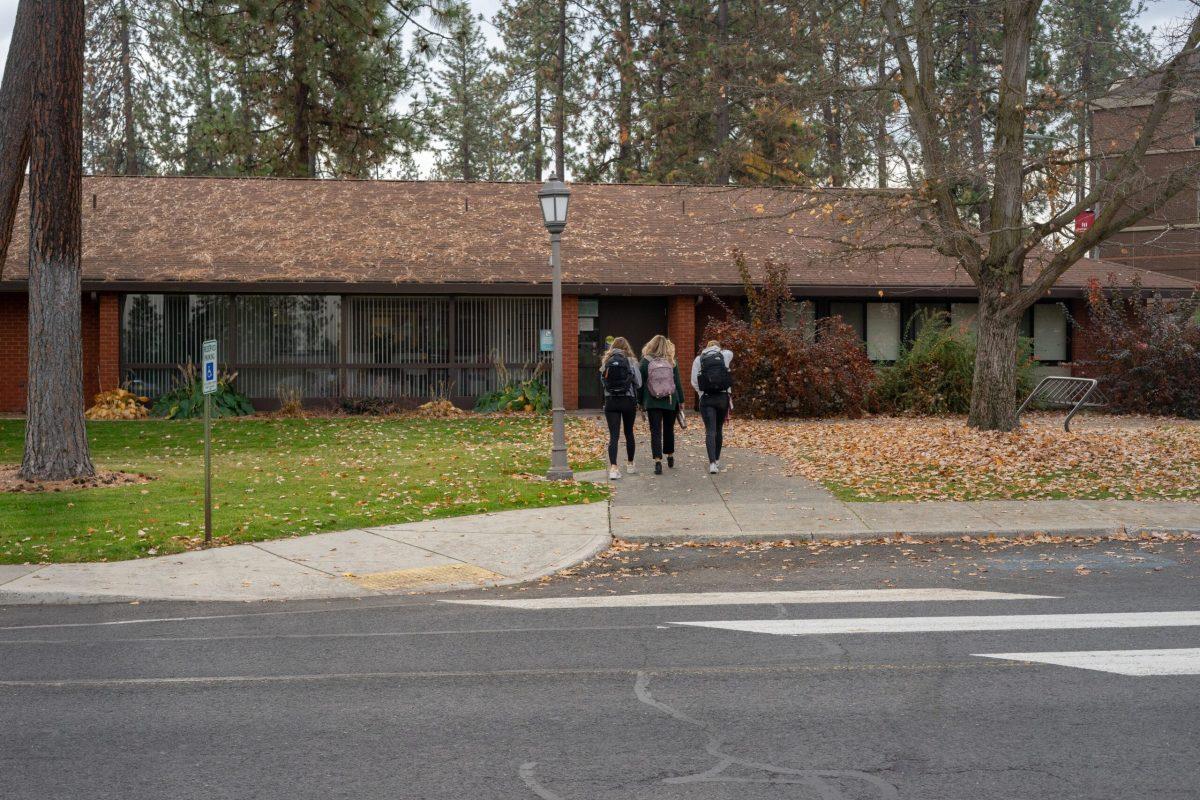

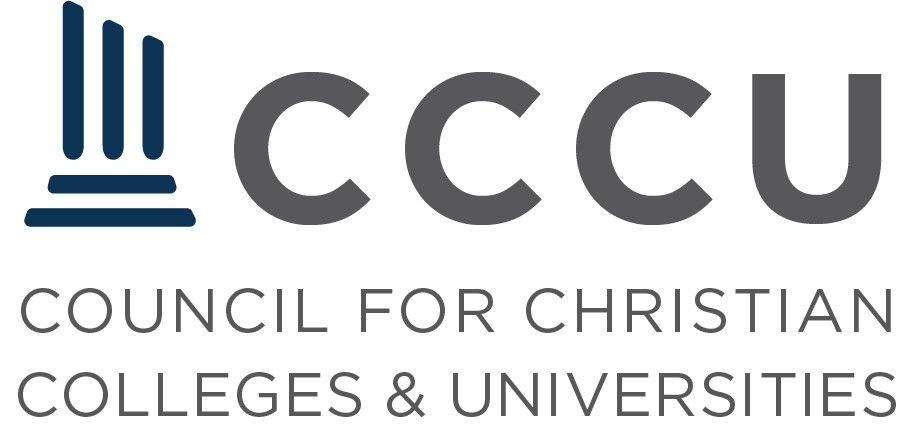
 Spokane?
Spokane?